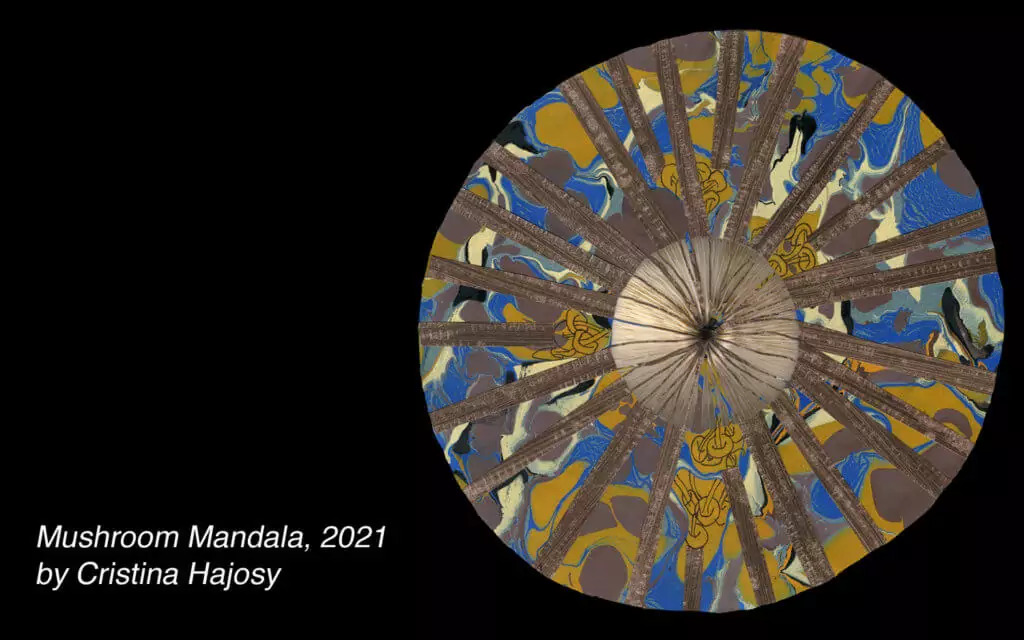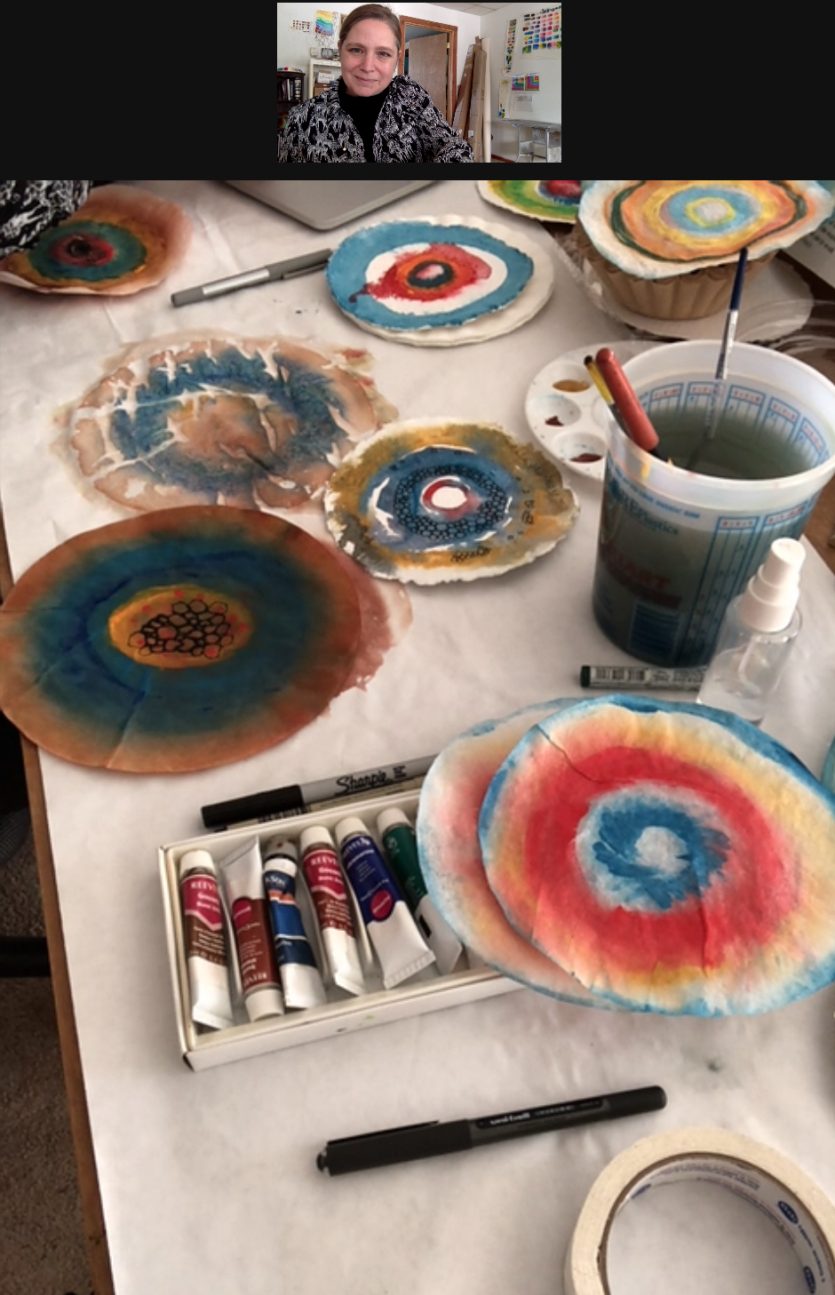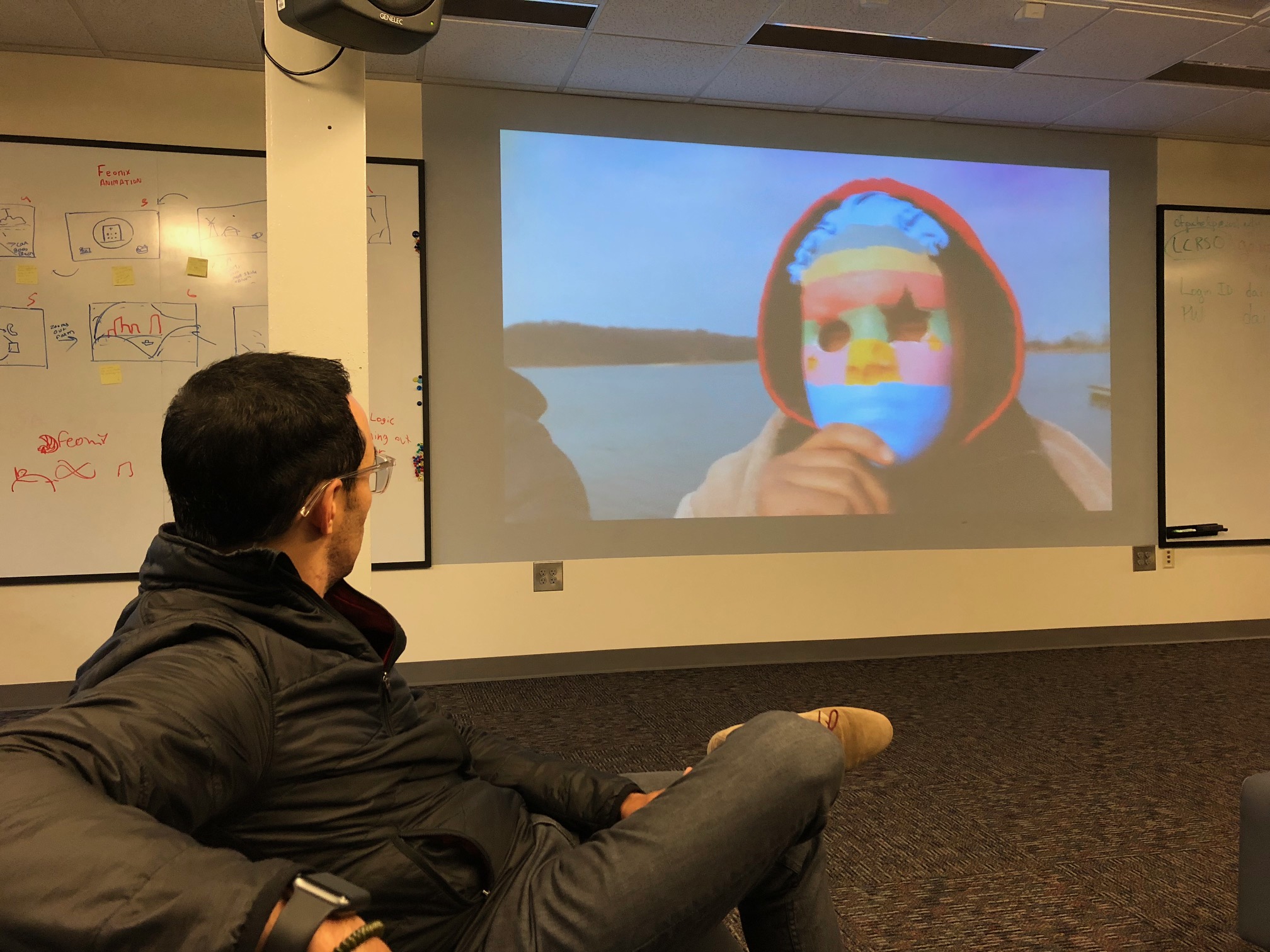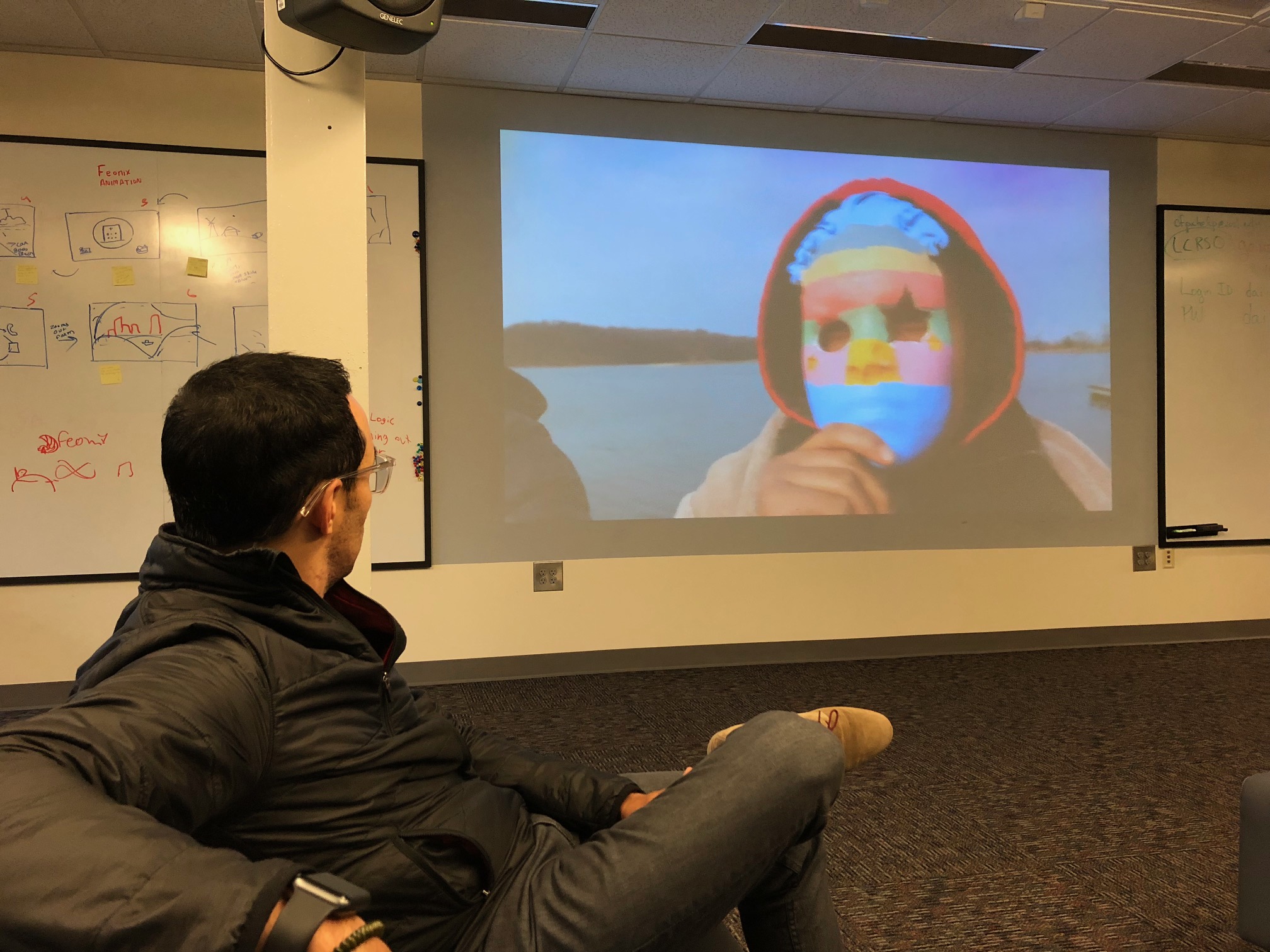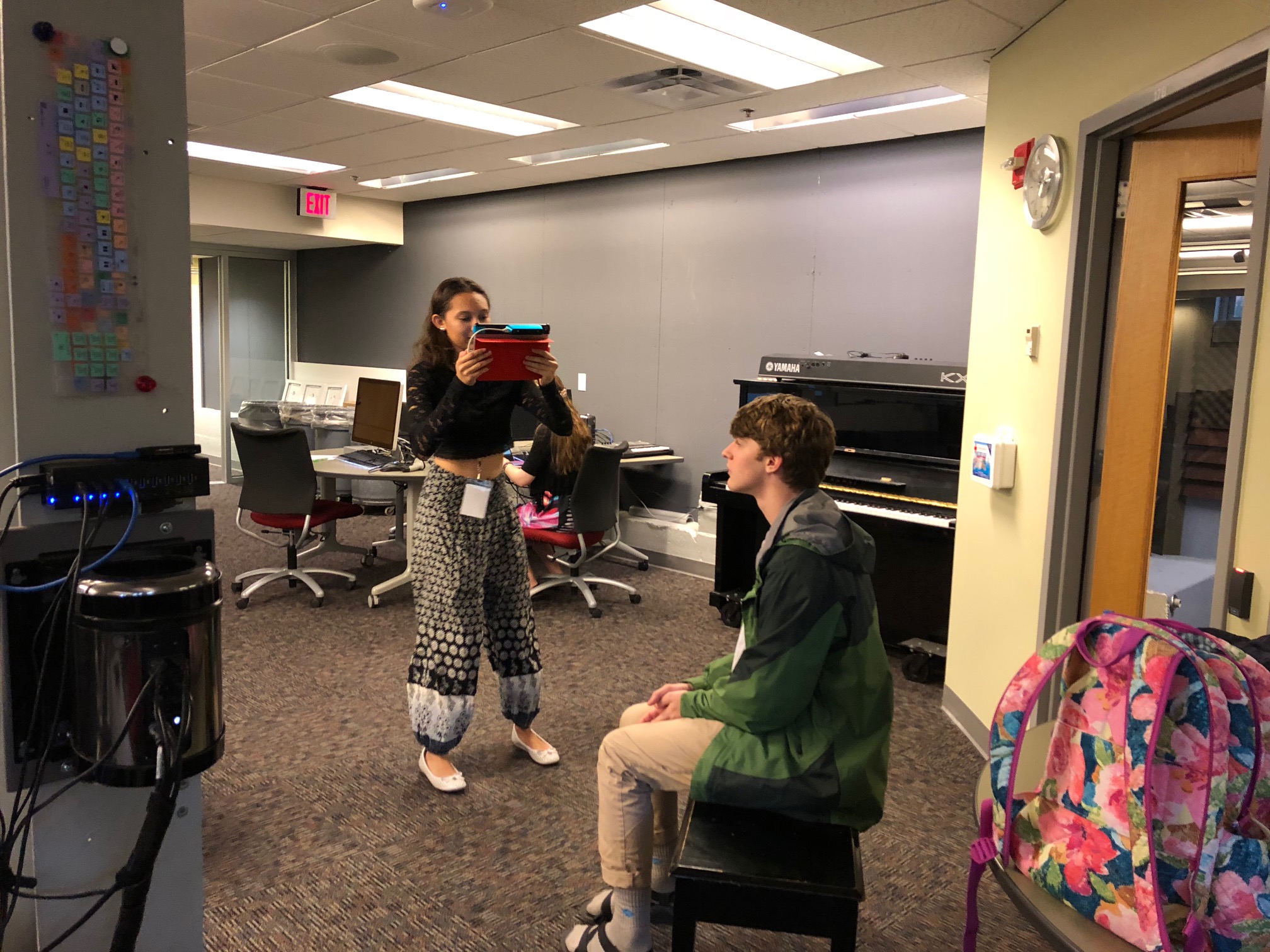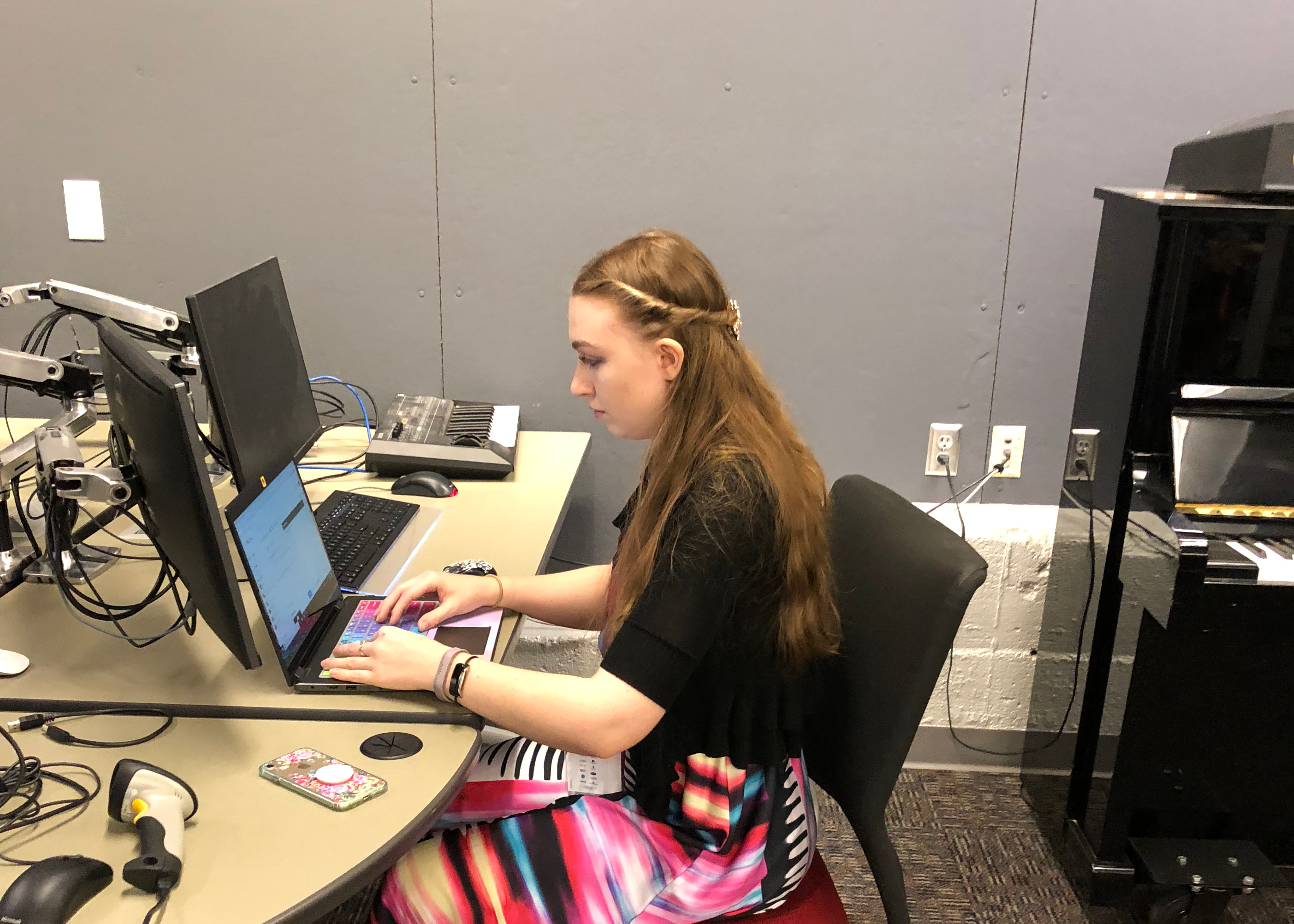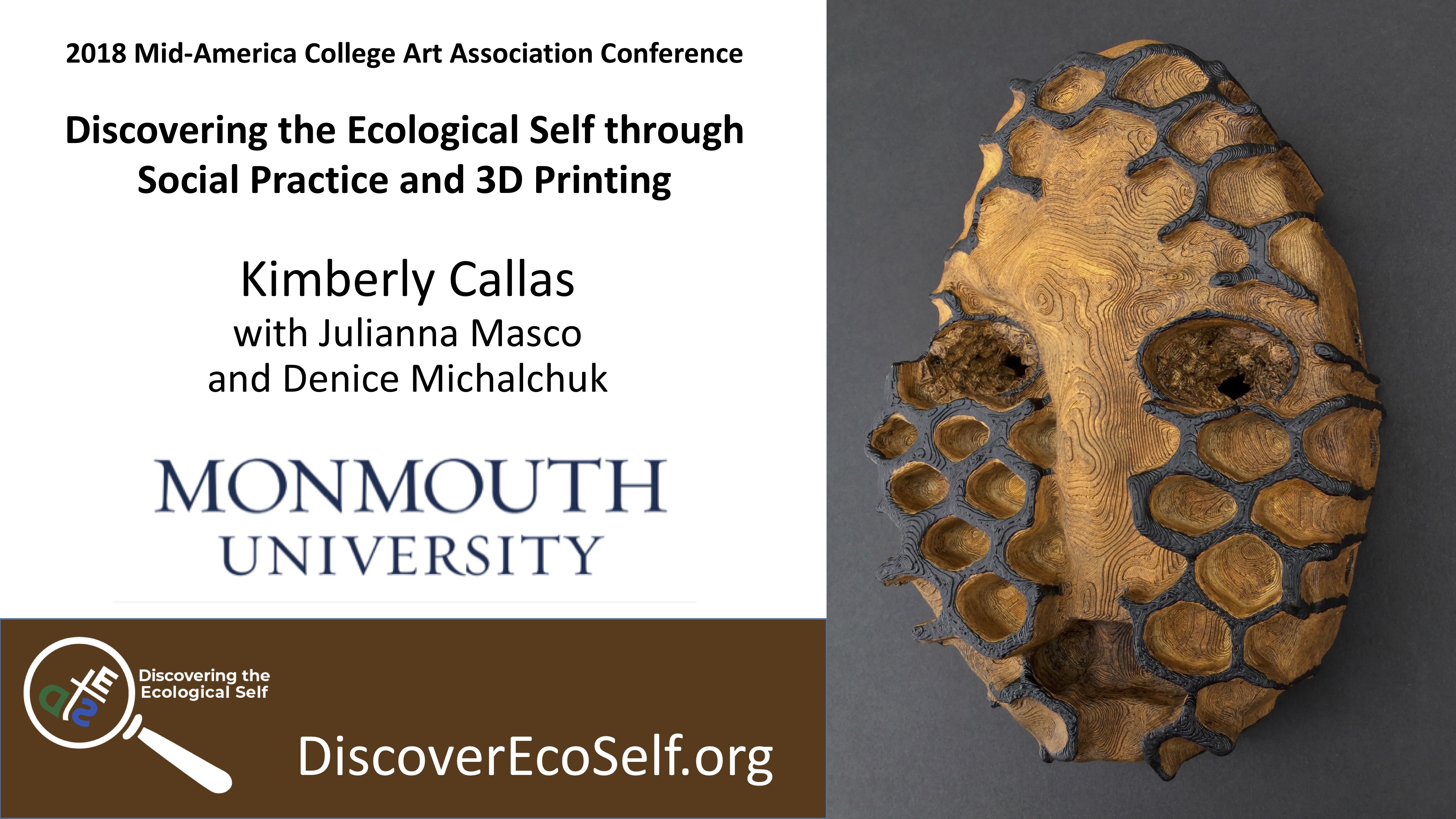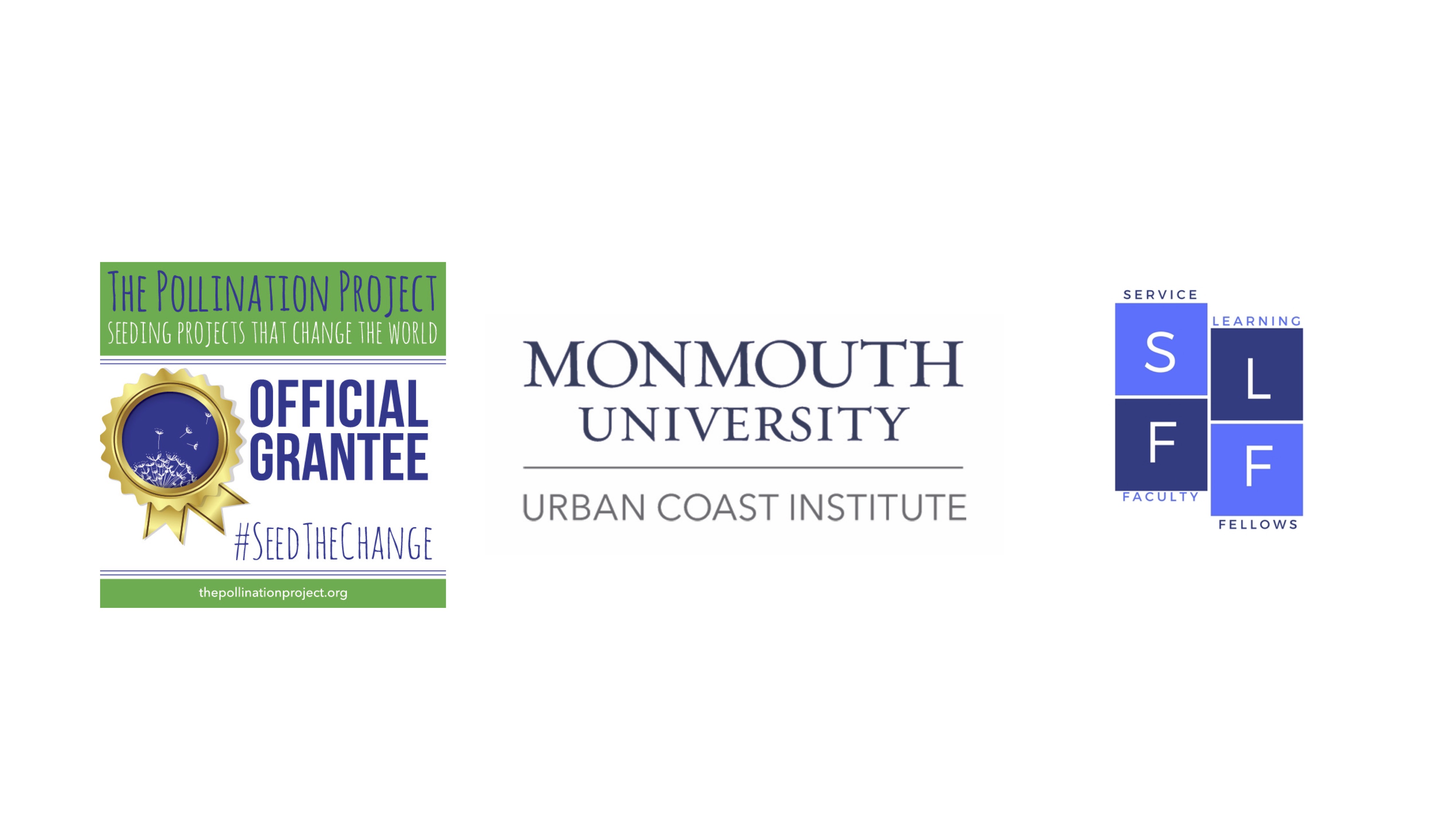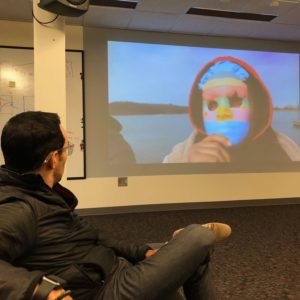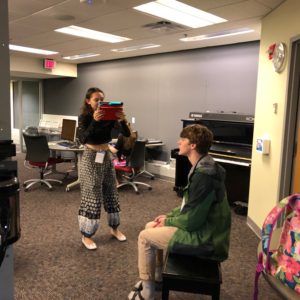When we think of nature, what comes to mind? Trees that provide oxygen, oceans that quite literally move mountains, storms that can destroy skyscrapers… all elements that are both essential and highly influential to our well-being as a species. But when we think of relating ourselves to nature, we are often immediately drawn to our impact on it. Pollution from our activities floods the oceans and the very air we breathe; animals all over the globe are going extinct as we threaten their homes with our development… suddenly the power has shifted and we realize that there is a delicate balance to uphold.
Discovering the Ecological Self makes emotional connections to environmental issues. Somewhere within this balance of beauty and human impact, we are helping people to find their place in the ecological world, their impact on it, and everything in between, whilst using the medium of art to portray this ecological persona. We work with various audiences from middle school students to professional artists, from day-long activities to one-time projects. This past weekend, three of our project helms – Professor Kimberly Callas, Denice Michalchuk, and Julianna Masco – flew out to the Mid American College Art Association’s conference Techne Expanding: Tensions, Terrains and Tools at the University of Nebraska in Lincoln. At this event, we presented a morning workshop, Discovering the Ecological Self Through 3D Printing. Our participants were invited to draw inspiration from their youth, mystical experiences, dreams, and symbols from nature that reoccur in their lives. We asked them to find patterns and images from their nature topics to use in their mask. To get their ideas flowing, we asked them to fill out a survey about symbols in nature that may be occurring in their lives. We also led them through guided meditation to deepen their ideas or allow new ideas to emerge. This provided topics to work with, and our new collaborators took to it enthusiastically.
After our general presentation of the project, we took the participants through a condensed version of a process to create their own 3D printed eco masks. First, we scanned their faces to create a 3D digital file so that their mask was personalized for their face. Using the 3D scans, we showed the participants how to use Meshmixer, a software for designing three-dimensional object files that can be printed. In Meshmixer, participants learned how to import their files, sculpt, and edit their masks. By the end of the workshop, everyone had a file that was ready to be printed for them to take home. We put the files in the 3D printers and the next morning delivered their eco-masks.
It was delightful to see how interested our participants were in the project. We received multiple questions on how the scanner worked and on the capabilities of Meshmixer. Many participants were inspired to use Meshmixer again for other projects or even to continue developing the masks we created during the workshop. Since technology was the theme of the conference, our workshop definitely showed the possibilities that come with new technology to create new and exciting works of art. Although technology is becoming increasingly present in our daily lives, our workshop connects it to nature so that we can discover the relationship between nature and ourselves.
Thank you to the Dean of the Wayne D. Murray School of Humanities and Social Sciences for the student travel grant and to the Urban Coast Institute for the student travel grant, enabling us to visit this conference and share our love for the planet.
